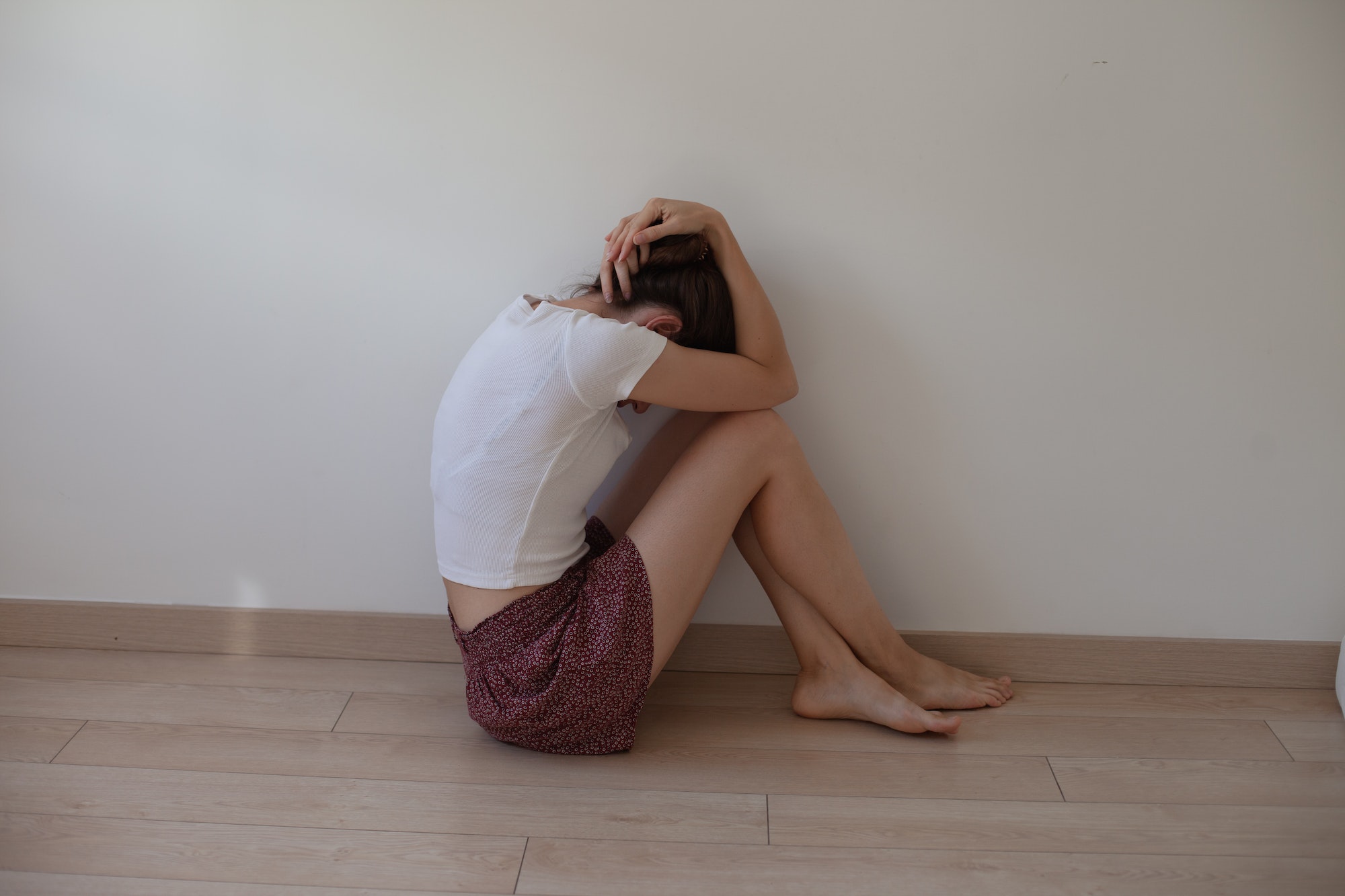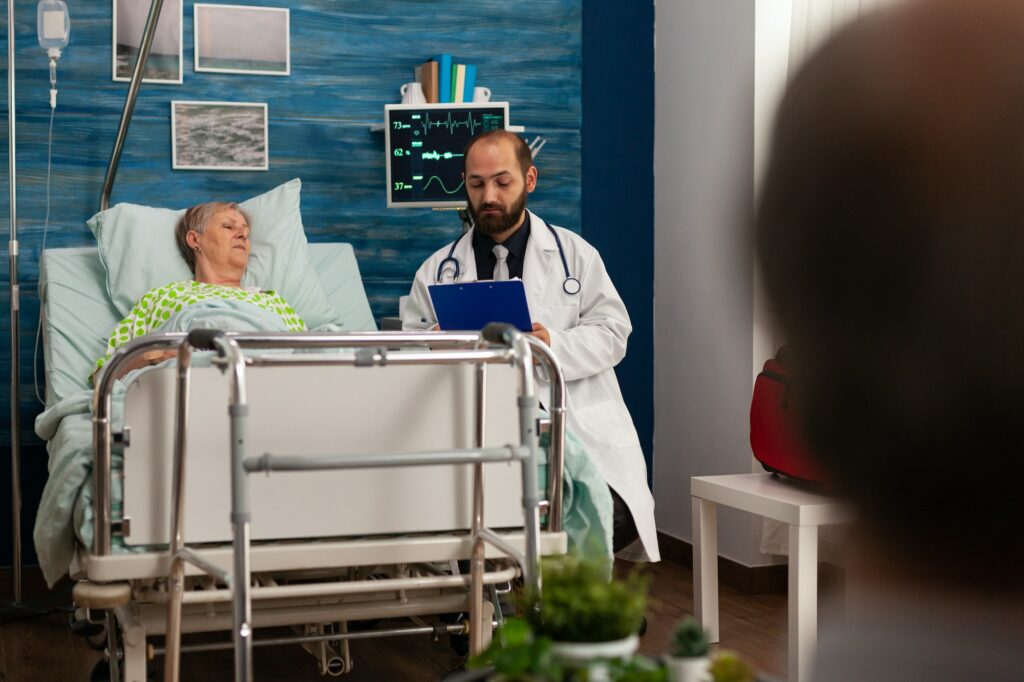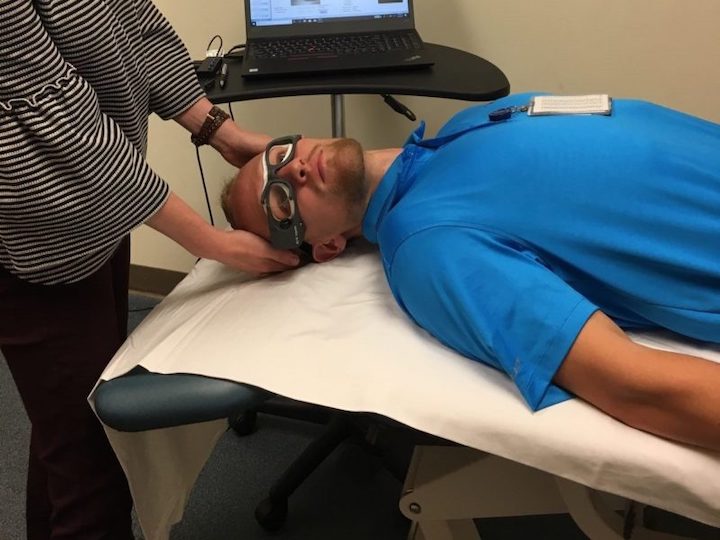If you’ve ever felt like the environment around you is spinning or losing your balance, you’ve experienced vertigo or dizziness. These sensations can be disorienting and scary, but they’re also quite common.
It’s essential to understand when to seek medical help for vertigo and dizziness, as they could indicate an underlying health issue needing attention. When you know, you’ll be better prepared to handle such situations should they arise and make informed decisions about your health.

Understanding our bodies’ signals is a crucial first step towards maintaining good health.
Ever wondered what’s behind those sudden feelings of vertigo and dizziness you’ve been experiencing? Vertigo, a sensation of feeling off balance, is often caused by inner ear or brain issues.
Various conditions can cause these symptoms, including Ménière’s disease, vestibular neuritis, and benign paroxysmal positional vertigo.

Lifestyle triggers such as dehydration, excessive alcohol consumption, and poor nutrition can exacerbate these conditions. There’s also a significant stress connection to vertigo – anxiety and tension often contribute to dizziness and imbalance.
Therefore, managing your stress level effectively becomes crucial for vertigo prevention. Further studies are needed to explore the depth of this connection, but maintaining a healthy lifestyle can decrease the frequency of these unsettling episodes.
When you feel like the world is spinning around you or you’re losing your balance, it might be more than just being lightheaded; these could be subtle signs of more serious underlying conditions.
Vertigo triggers can range from certain head positions to specific movements or activities. You may experience a sense of tilting, swaying, or even feel like you are being pulled in one direction.
Dizziness prevention can involve changes in diet and lifestyle such as limiting alcohol and caffeine intake and maintaining a healthy hydration level. Vertigo coping strategies include vestibular physical therapy exercises to reduce dizziness and improve balance.
Remember, when experiencing frequent bouts of dizziness or vertigo symptoms, it’s crucial to consult with a healthcare professional for accurate diagnosis and treatment options.
Imagine feeling adrift on a stormy sea, your surroundings wavering and tilting unpredictably; this could be caused by various factors ranging from inner ear issues to certain medications or even migraines, both the original and the vestibular kind. These triggers can disrupt your balance, causing vertigo and dizziness.
Vertigo prevention often involves lifestyle modifications like reducing salt intake for Ménière’s disease or practising specific exercises for BPPV. Understanding these causes helps identify potential dizziness triggers, empowering you to manage your symptoms better.
Diagnosing vertigo and dizziness can be complicated due to the diverse vertigo triggers and potential for diagnostic challenges.

Healthcare professionals typically use a combination of physical examinations, medical history analysis, and sometimes, specialised tests like CT scans or MRIs. A detailed account of your symptoms can help pinpoint whether it’s peripheral vertigo (related to issues in the inner ear) or central vertigo (associated with problems in the brain).
However, misdiagnosis cases aren’t uncommon due to overlapping symptoms with other conditions such as migraines or stroke. Striving for accurate diagnosis is critical as treatments vary based on underlying causes. Therefore, open communication with your healthcare provider becomes crucial during this process.
Facing the disorienting sensation of imbalance isn’t a life sentence; a wide array of treatments can bring you back to steady ground, restoring your confidence and independence. Your healthcare provider may suggest various treatment approaches, including medications, physical therapy, or even surgery, depending on the severity and cause of your vertigo.

However, lifestyle modifications can also play an important role. Regular exercises can improve balance, and staying adequately hydrated is essential. You should also limit your intake of caffeine and alcohol.
In addition to these traditional methods, consider alternative therapies such as acupuncture or herbal supplements. These options might help manage both the physical symptoms and psychological impact of vertigo. Remember to discuss any potential treatments with your doctor before beginning them.
While treatments for vertigo and dizziness can be highly effective, knowing when to reach out to a healthcare professional is crucial. If your symptoms persist despite treatment or if they worsen over time, don’t hesitate to seek medical help.
Prevention strategies like regular exercise and a balanced diet are key to managing these conditions. Adapting your lifestyle can also bring about significant improvements; avoid sudden changes in posture, limit alcohol intake, and ensure adequate hydration.
Stress management techniques such as yoga, meditation, or mindfulness practices can further help reduce the frequency of vertigo and dizziness episodes. While these strategies may alleviate symptoms, seeking prompt medical attention when needed is paramount to prevent complications and enhance your quality of life.